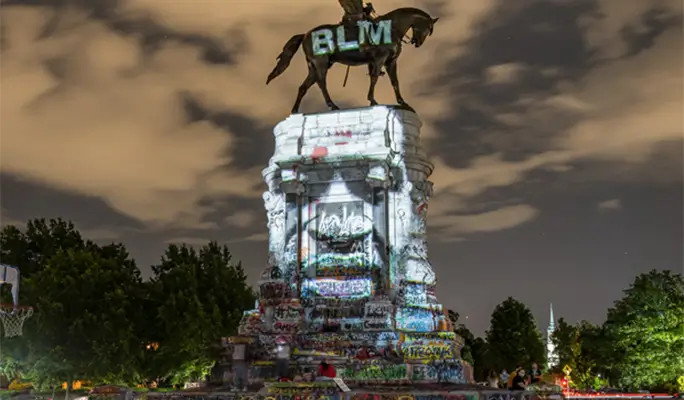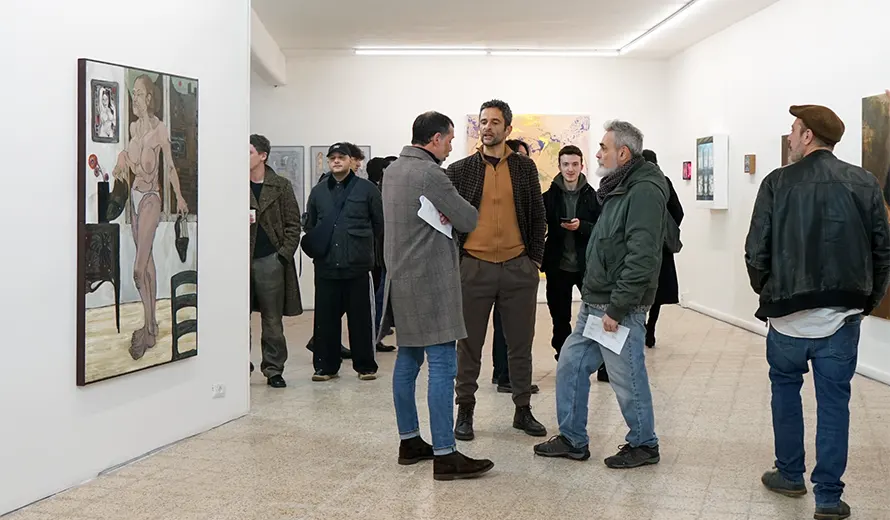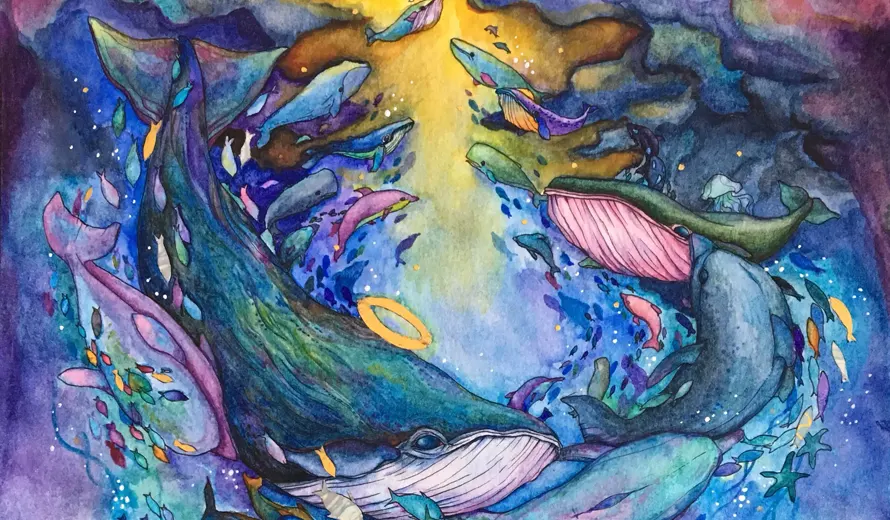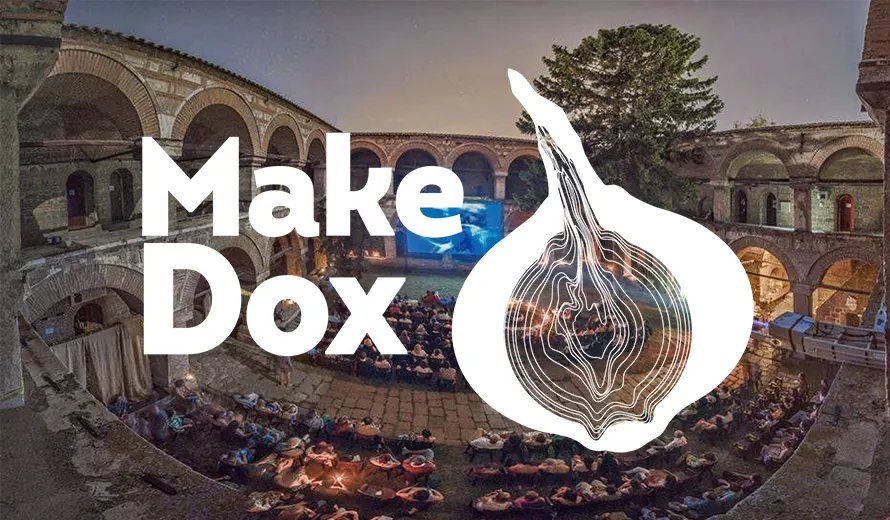The Aftermath Project 2022 Conflict Photography Grant

The Aftermath Project 2022 Conflict Photography Grant now is over!
The Aftermath Project has opened its 2022 grant cycle inviting all working conflict photographers around the world who are interested in creating work that helps illumine aftermath issues, and encourages greater public understanding and discussion of these issues.
Short description
The Aftermath Project has opened its 2022 grant cycle inviting all working conflict photographers around the world to participate with their projects.
The Aftermath Project is open to photographers who are interested in creating work that helps illumine aftermath issues, and encourages greater public understanding and discussion of these issues.
The 1492/1619 grant is open to wide interpretation of America’s original sins – the 1492 “discovery” of this land by Christopher Columbus and the assault on indigenous peoples and their cultures which followed; and the 1619 arrival of the first enslaved Africans and the legacy of more than two centuries of a system of slavery based on white supremacy and the treatment of Blacks as chattel.
The Aftermath Project is grounded in the understanding that unresolved conflicts – including those where actual conflict itself has stopped (ie, the Civil War) — continue to have an impact across generations. We welcome proposals that explore the contemporary aftermaths of these historical events, which continue to shape our society today. Proposals may include historical or archival elements; they may be portrait projects; they may be landscapes; they may be surveys or family histories; they may be fine art, conceptual, or documentary projects. Most proposals will focus on 1492 or 1619, but the judges will consider proposals that combine them as well.
The Aftermath Project’s mission is to support photographic projects that tell the other half of the story of conflict - the story of what it takes for individuals to learn to live again, to rebuild destroyed lives and homes, to restore civil societies, to address the lingering wounds of war while struggling to create new avenues for peace.
Grant proposals should reflect an understanding of this mission. Proposals may relate to the aftermath of numerous kinds of conflict, not just international wars. The conflict may have been at the community level - for example, violence between rural ethnic groups or an urban riot in an industrialized country. It may have been a regional one, such as a rebel insurgency, or it may have been a full-scale war. There is no specific time frame that defines “aftermath,” although in general The Aftermath Project seeks to support stories which are no longer being covered by the mainstream media, or which have been ignored by the media. In general, conflict should be over for a situation to be deemed an “aftermath.” There are specific cases, however, where conflict may have continued for so long, or be the result of an aftermath situation, that they will be considered to be within the scope of The Aftermath Project.
Proposals should include an explanation of the specific aftermath issues related to the project being proposed, as well as an overview of the applicant’s plans for covering the story during the course of the grant year — i.e, the proposed timing of trips, etc.
You MUST inform The Aftermath Project if you have any commercial commitments or contracts related to the project you are proposing, including book deals and exhibitions. Failure to do so on the part of a grant winner will automatically terminate the grant, and the winner will forfeit any funds he/she has not yet received from The Aftermath Project.
As always, the grant is open to working photographers worldwide. However, the judges will be most interested in creating opportunities for photographers from under-represented communities to tell their own stories. They will also be interested in proposals from white photographers who want to interrogate the role of white privilege in creating and sustaining these injustices; a descendant of slave owners, for example, may suggest an examination of their own family history. They will be interested in proposals from African photographers who may want to propose a project that examines the roots of the slave trade and its impact in their countries.
Submission requirements:
➜ Your proposal should include a project statement of not more than 2 pages, which clearly outlines the work you want to do. Your statement will be as important as your photos in the judging process. Your proposal MUST also indicate whether you have any publishing or exhibition commitments for your proposed grant work.
➜ Your proposal should include a portfolio of up to 30 images which shows your skills as a visual storyteller.
➜ You do not need to include a budget, but your proposal should indicate the scope of the work you plan to do during your grant year (travels, research, etc).
➜ A portfolio of no more than 30 images, in jpg format. Your images must be sized 1200 pixels on the longest side, at 72 dpi – with a file size of no larger than 2 MB per photo.
➜ A caption sheet. (Descriptions for each photo, including date made, etc).
➜ Please include a short bio, not longer than 2 paragraphs.
The winner and finalists will be announced in mid-December.
Who may enter?
The Aftermath Project is open to photographers who are interested in creating work that helps illumine aftermath issues, and encourages greater public understanding and discussion of these issues.
Prize:
The Aftermath Project will award a $25,000 grant to one photographer and announce four finalists. For the first time, the finalists will also, each be awarded with a $5,000 grant.
Entry fees:
There is no entry fee to participate!





